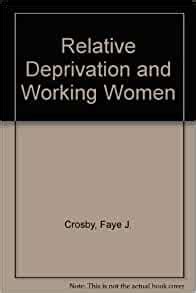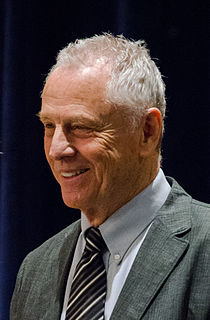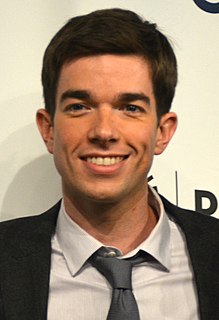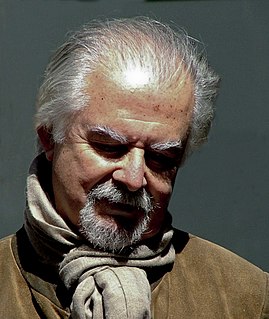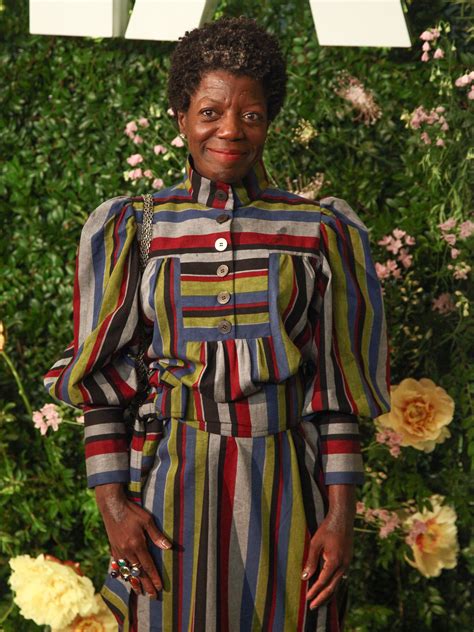A Quote by Lee Siegel
The sitcom's traditional role has been to comfort the viewer who feels burdened by the unreality of American expectations.
Quote Topics
Related Quotes
The traditional American husband and father had the responsibilities-and the privileges-of playing the role of primary provider. Sharing that role is not easy. To yield exclusive access to the role is to surrender some of the potential for fulfilling the hero fantasy-a fantasy that appeals to us all. The loss is far from trivial.
I always feel that a viewer has an expectation about every moment of the film and where it's going, so if I act against that, I've created a twist. In fact, it becomes a kind of game with the expectations of the viewer. This is the superficial appearance. In the layer beneath, there is a hidden theme.
I always feel that a viewer has an expectation about every moment of the film and where it's going, so if I act against that, I've created a twist. In fact it becomes a kind of game with the expectations of the viewer. This is the superficial appearance. In the layer beneath there is a hidden theme. The result of each twist is that the judgment of the audience member is challenged.
My popularity has to do with the divorce between modern art, where everything is obscure, and the viewer who often feels he needs a professor to tell them whether it's good or not. I believe a painting has to talk directly to the viewer, with composition, color and design, without a professor to explain it.




